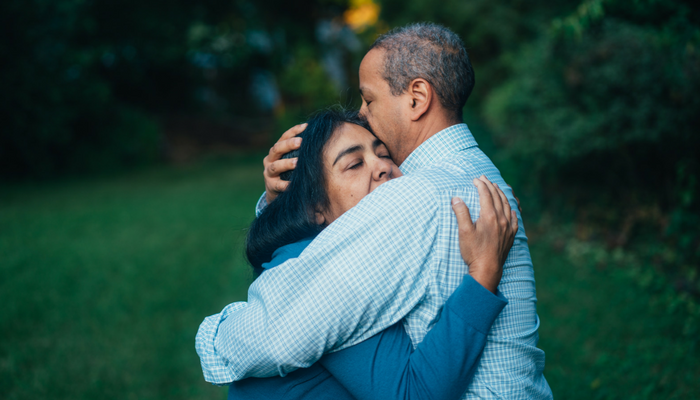- English Language Skills: What can I do to qualify? - June 22, 2018
- IRCC’s International Compliance Regime and the Temporary Foreign Worker Program - June 15, 2018
- IEC Update – Limited Spots Still Available! - April 30, 2018
In our last two blogs, we covered some of the ways that individuals can become Canadian citizens, either through naturalization or birth.
This week, we look at Immigration, Refugees and Citizenship Canada’s (“IRCC”) latest announcement regarding revocation of citizenship and the rights of people going through the revocation process.
The old revocation process
As always, we like to give our readers a quick overview of the past rules before we explain what has changed.
Before this year, any Canadian citizen who was facing revocation of citizenship based on misrepresentation, fraud or knowingly concealing material circumstances (for example, using fake documents or information to obtain citizenship) would have their case reviewed by the Immigration Minister, or a Minister’s delegate.
If a case involved security, human or international rights violations or organized crime, it was heard by the Federal Court.
If a citizenship officer suspected misrepresentation or fraudulent behavior, they had no right to seize documents provided in support of citizenship or proof of citizenship applications.
What has changed? The new revocation process
Now, with the latest changes in effect, citizenship officers can seize documents that they suspect are fraudulent or were gained through fraudulent means related to citizenship applications. In revocation cases, an IRCC official will review the facts and evidence to determine whether there is sufficient evidence to bring the matter to Federal Court, which could result in some revocation cases being terminated.
In addition, in the summer of 2017, IRCC repealed the rule that citizenship could be revoked for dual citizens (i.e. anyone holding Canadian citizenship and citizenship to another country at the same time) if they were convicted of treason, terrorism or spying, or were engaged in armed forces that were engaged in conflict with Canada. As a result, dual citizens are not subject to revocation but instead face prosecution in Canada for their crimes, no matter what the sentence, just like every other Canadian citizen. Essentially, having dual citizenship no longer gives these individuals lesser rights under Canadian laws.
The Federal Court will be the primary decision maker for all citizenship revocation cases. Individuals facing revocation will still have a right to have their case heard by the Minister if they choose, but it will not happen automatically.
What does this really mean for individuals potentially facing revocation? It means an opportunity for greater fairness in the revocation process. By having cases heard by the Federal Court, people facing revocation have the chance to be represented in an independent court and play an active role in the proceedings.

